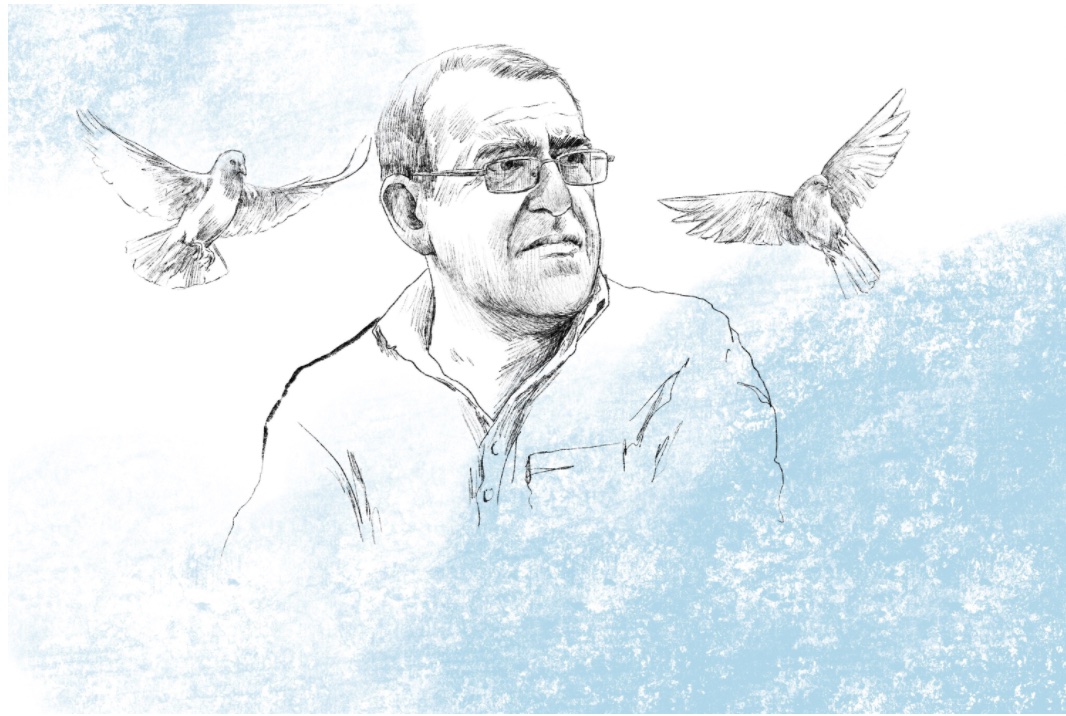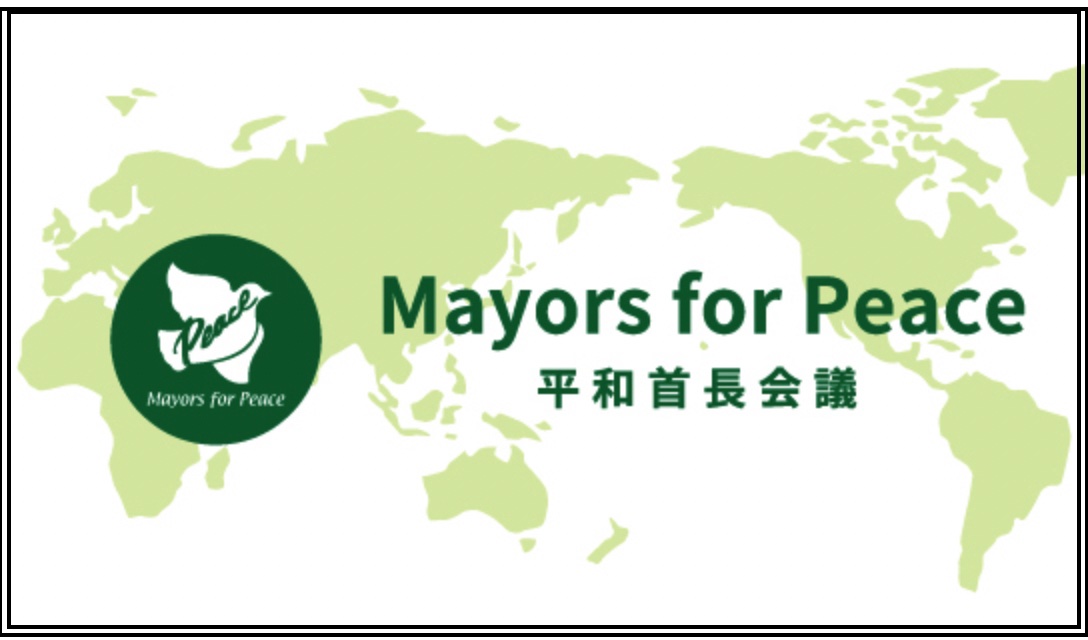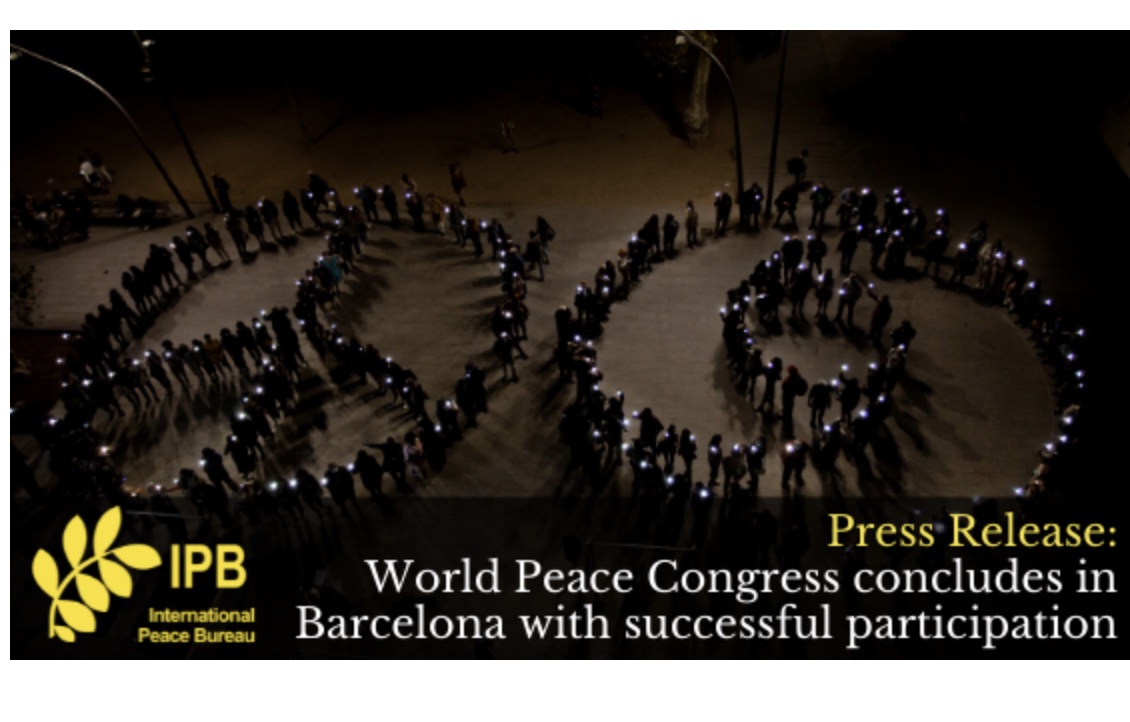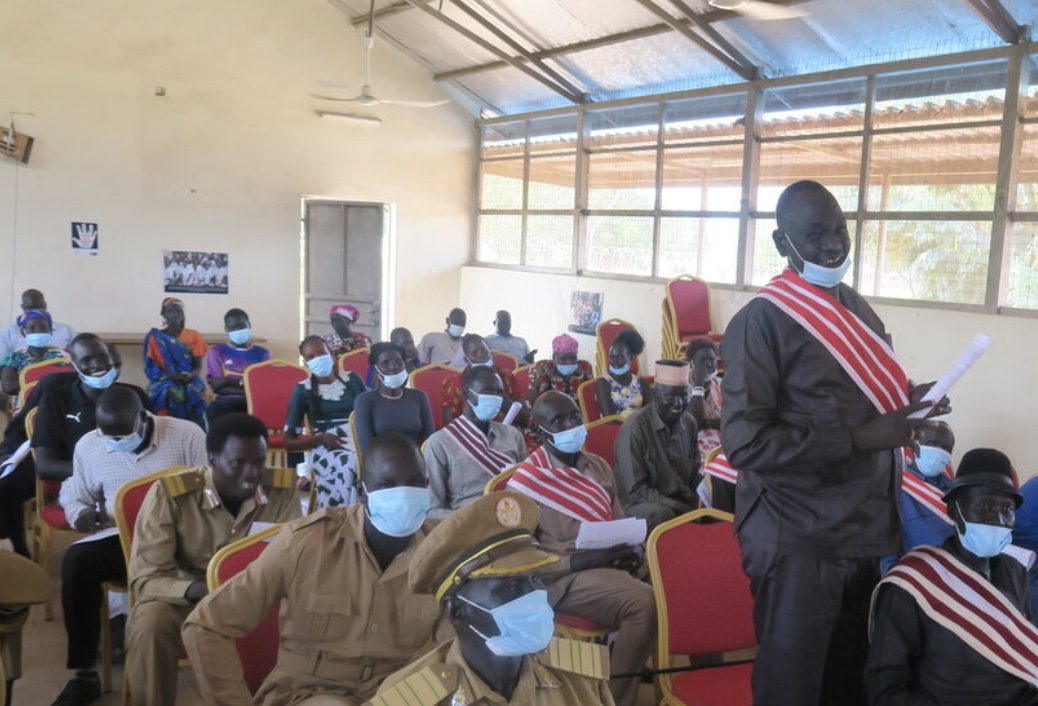DISARMAMENT & SECURITY .
An article from Barta 24
The two-day ‘World Peace Conference 2021’ ended in Dhaka. The conference was held as part of the celebration of the birth centenary of Bangabandhu Sheikh Mujibur Rahman and the golden jubilee of Bangladesh’s independence.
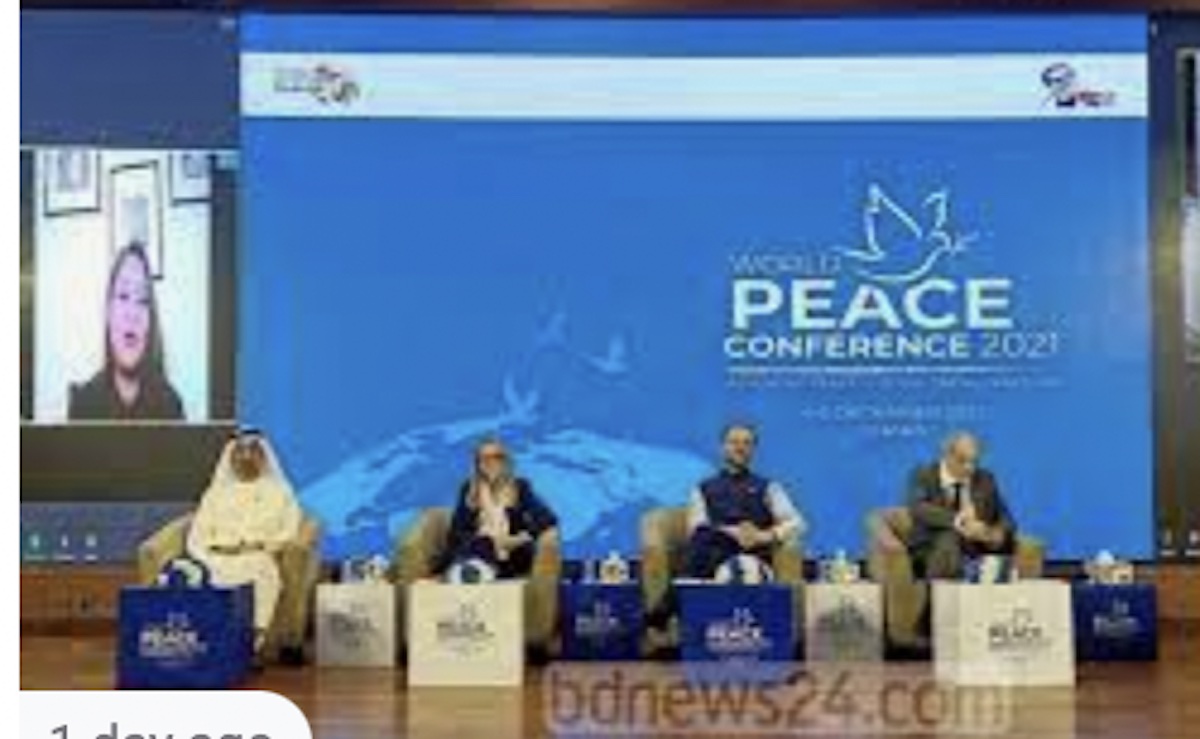
photo of conference
The World Peace Conference 2021 ended with the adoption of the Dhaka Declaration at the conclusion of the World Peace Conference on Sunday (December 5) afternoon at the Hotel Intercontinental.
The points are-
>> Establishing peace on the occasion World Peace Conference of 4-5 December and announcing membership.
>> Acknowledging the theme of the conference as progress of peace through social inclusion. Get rid of corona and try to build it stronger. Conflict has been avoided.
In the context of the conference, praising the birth centenary of Bangabandhu Sheikh Mujibur Rahman, the founder of Bangladesh and 50th anniversary of Independence. it has been said that we remember that the journey of Bangladesh in the last five decades is legitimacy for human liberation. Empowerment Fundamental rights and freedoms as a way to maintain peace, promote and uphold sustainable development.
>> We pay tribute to Bangabandhu Sheikh Mujibur Rahman for his personal commitment as he has contributed for peace throughout his colorful political career.
>> We appreciate the capable leadership displayed by the Prime Minister, the political successor of Bangabandhu. Sheikh Hasina is carrying forward her legacy with courage and determination. Her culture of peace philosophy has been adopted at the UN.
We reminisce on the memory of the martyrs and victims of Bangladesh’s War of Independence in 1971 and reiterate our commitment to never bow down to genocide, war crimes and crimes against humanity. In addition to international crime, the culture of impunity impedes justice and accountability for that crime. We pledge ourselves to move forward to end such cowardly oppression and injustice.
(Article continued in right column)
How can the peace movement become stronger and more effective?
(Article continued from left column)
>> We reaffirm our unwavering commitment to the promotion and protection of human rights, civil, cultural, economic, political and social rights in our efforts to build a peaceful, just and inclusive society. We acknowledge the invaluable work done by the United Nations for human rights.
>> We respect the supremacy of international humanitarian law in both war and peace. We remain committed to international protection and assistance policies for refugees and stateless people around the world. In compliance with international disarmament, we renounce the use of all weapons of mass destruction in the nuclear, chemical and biological world arms race. We condemn terrorism.
>> We emphasize the importance of democracy, good governance and the rule of law for peace and stability. We evaluate the role of national parliament and local government institutions. He raised his voice against the just demands and aspirations of the people. We condemn colonialism, illegal occupation. I oppose the seizure of unauthorized power on any pretext. We recognize the role of peace building, peace building. We commend the UN peacekeepers for their dedication.
>> We emphasize the need for a stable, peaceful, social justice and inclusive development. We are committed to protecting the right to employment for all adults in a changing world. We acknowledge the important role of the private sector in advancing social order.
>> We must continue to work to restore our commitment to ‘keep no one behind’. Of course women need to create increased opportunities for political and economic gain. We need to redouble our efforts to prevent all forms of violence and exploitation against children. We need to pay extra attention to the special needs of the elderly, persons with disabilities and indigenous peoples for their meaningful participation in society.
>> We adhere to the underlying and eternal message of peace across all religions, faiths and beliefs. We reject attempts to associate any religion or ethnicity with terrorism and violent extremism. We condemn all forms of violence and abuse on the basis of race, caste or gender. We unequivocally condemn communal violence.
>> We reward and nurture our diverse culture, language as a tradition. We must respect and nurture the boundaries of education, moral studies, science, art, music, literature, media, tourism, fashion, architecture and archeology.
>> We are sensitive to the growing security, displacement and environmental challenges posed by climate. We must invest in health care and provide quality medical care and vaccines for all.
>> We cannot lose sight of the fact that there is no peace anywhere in the world. We recognize the role of regional cooperation in building trust, understanding and unity among the people. We hope to establish a world order that improves the ecosystem of our entire planet. Build consistency. We adhere to tolerance, generosity, empathy and solidarity to achieve love, compassion, lasting peace and security.
>> We do swear solemnly from our respective points at this World Peace Conference peace, social inclusion, fundamental rights, freedoms and sustainability. The reasons for this are spreading the message. We thank the Government and people of Bangladesh for their warm hospitality. Let’s share the ideals and vision for peace.

